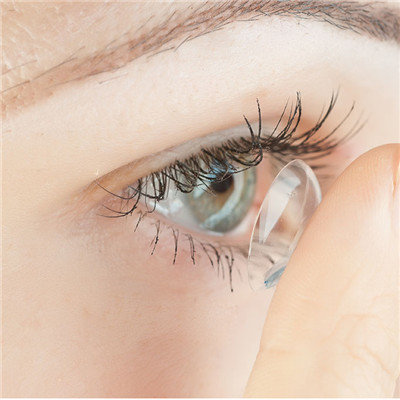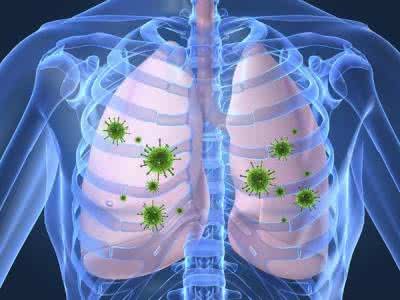What does protein mean
summary
Protein is an important component of all human cells and tissues. All the important parts of the body need protein, but too much protein is bad for our body. So what does protein mean? Now let me share my experience with you.
What does protein mean
First, protein is the material basis of life, is an organic macromolecule, is the basic organic matter of cells, is the main undertaker of life activities. There is no life without protein. Amino acid is the basic unit of protein. It is a matter closely connected with life and various forms of life activities. Protein is involved in every cell and all important components of the body. Protein accounts for 16% ~ 20% of human body weight, that is, a 60 kg adult body has about 9.6 ~ 12 kg protein. There are many kinds of proteins in the human body with different properties and functions, but they are all composed of more than 20 kinds of amino acids in different proportions, and they are constantly metabolized and updated in the body.

Second, the protein is hydrolyzed under the action of digestive enzymes in gastric juice, and the whole process of digestion and absorption is completed in the small intestine. The absorption of amino acids through intestinal mucosal cells is carried out by the active transport system, which transports neutral, acidic and basic amino acids respectively. The protein digested and absorbed in the intestine not only comes from food, but also from the shedding of intestinal mucosal cells and the secretion of digestive juice. About 70 g protein enters the digestive system every day, most of which are digested and reabsorbed. Protein excreted from feces is not absorbed.

Third: excessive intake of protein, especially animal protein, is also harmful to human body. First of all, excessive intake of animal protein will inevitably lead to more intake of animal fat and cholesterol. Secondly, too much protein itself can have harmful effects. Under normal circumstances, the human body does not store protein, so too much protein must be deaminated and decomposed, and nitrogen is discharged from the body by urine, which increases the metabolic burden. Moreover, this process requires a lot of water, thus increasing the load on the kidney. If the renal function is not good, the risk will be even greater. Excessive intake of animal protein also leads to excessive intake of sulfur-containing amino acids, which can accelerate the loss of calcium in bone and easily lead to osteoporosis [1].

matters needing attention
1. Pay attention to diet adjustment, eat more fresh vegetables and fruits. 2. The quality of sleep should be guaranteed, and don't stay up too late. 3. Eat less plant protein because it's high in protein. 4. Patients should have a good attitude, this disease is not a serious disease, so patients pay a little attention to it.










